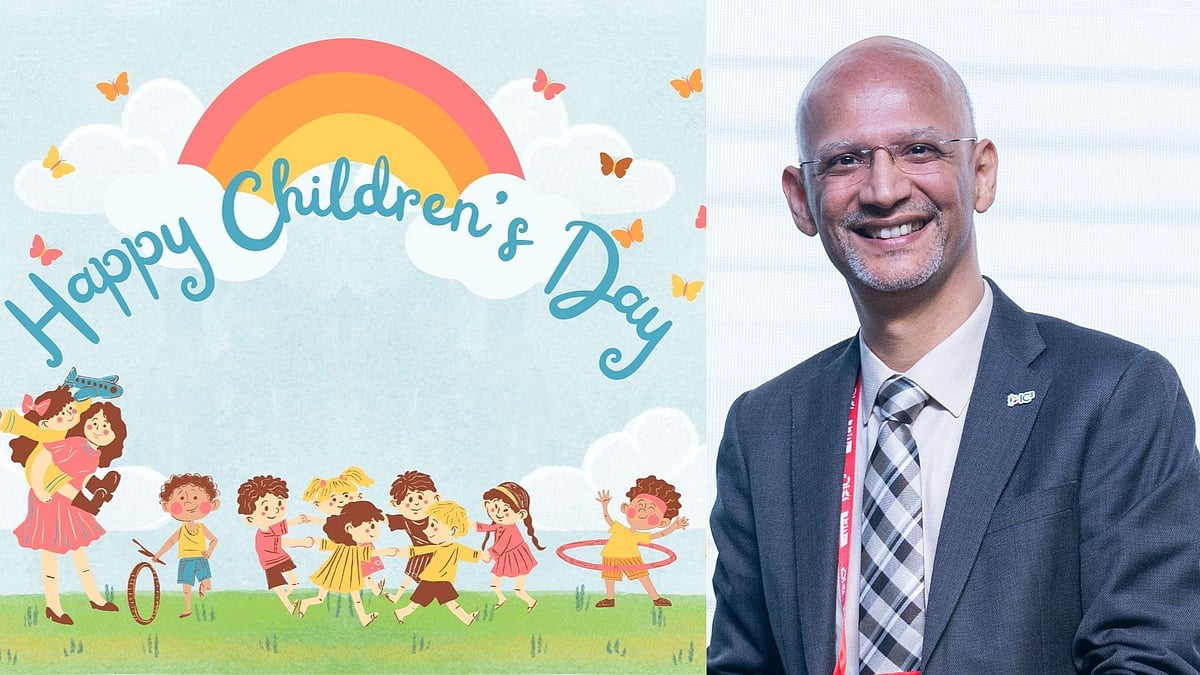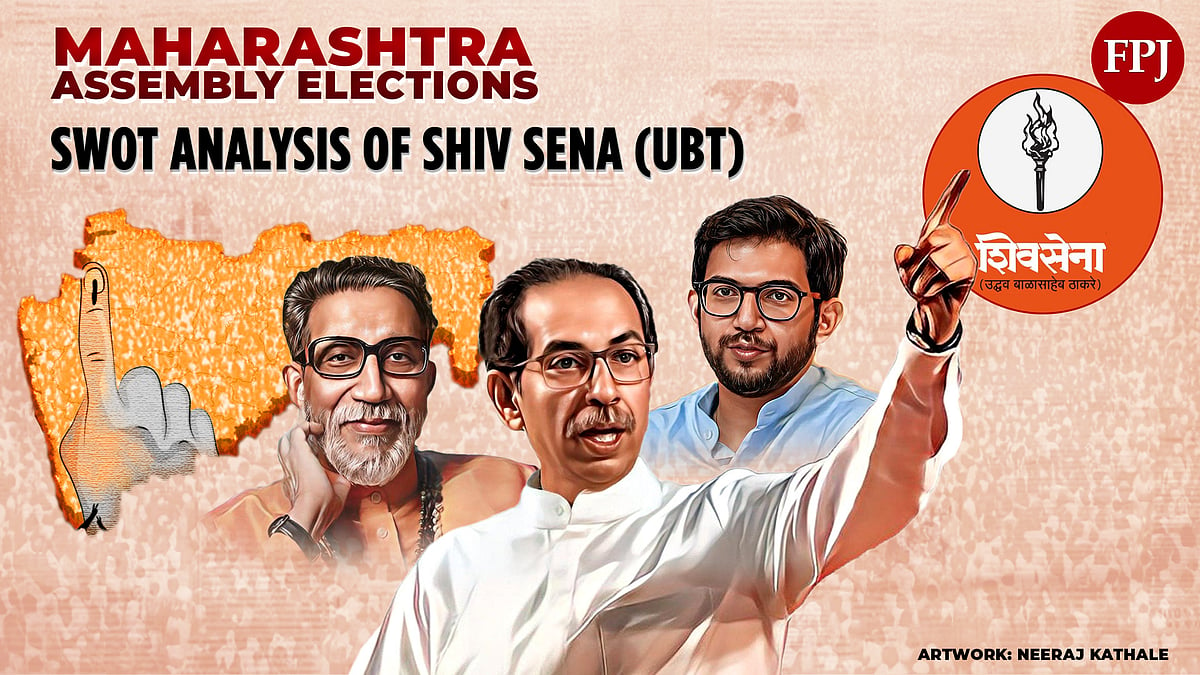Mumbai: A city college has informed the Bombay High Court that its decision imposing a “dress code” restriction on burqa, naqab, hijab, Badge, Cap and Stole on its premises was merely a disciplinary action for uniform dress code and was not against the Muslim Community, as it is sought to be portrayed.
The high court is hearing a petition filed by nine girls students pursuing their science degree challenging a directive issued by the Chembur Trombay Education Society' s NG Acharya and DK Marathe College imposing a ban on naqab, burka and hijab in the classroom, terming it as “arbitrary, unreasonable, bad-in-law and perverse”. They claimed that such a directive was against their fundamental rights to practice their religion, right to privacy and their right to choice.
A bench of Justices AS Chandurkar and Rajesh Patil questioned the petitioner where it was said that wearing a hijab was an essential part of Islam. The bench also asked the college management if it had the power to impose such a ban.
After a lengthy hearing on Wednesday, the court closed the plea for order and said it would pass the order on June 29. Advocate Altaf Khan, appearing for the petitioners, submitted certain verses from the Quran to support their claims. He said that the petitioners not only have the right to practice their religion, they also have the right to choice and privacy.
The counsel for the college management, Anil Anturkar, opposed the petition claiming that the said the dress code was for all students belonging to every religion and caste.
“This is not an order against Muslims alone. This dress code restriction is for all religions. This is so that students need not openly roam around disclosing their religion. People come to college to study. Let the students do that and focus only on that and leave everything else outside,” Anturkar argued.
“You (student) should not openly underline your religious identity. Not just Muslims, everyone, even Hindus and Chirstians. Unless you show it is part of requirement of your religion, it is not allowed, like turbans for Sikhs,” he added. He underlined that wearing a hijab, naqab and burqa is not an essential part or practice of Islam.
“If tomorrow a student comes dressed in full 'bhagwa' (saffron) clothing, the college will oppose that too. Why is it necessary to openly disclose one's religion or caste? Will a Brahmin roam around with his sacred thread outside his clothes,” he argued. He added that the college management was providing the students a separate room in the college where they can change out of their hijab and then go to their classrooms.
Khan, however, submitted that some of the girls were in their second or third year of college and were attending classes in the college wearing hijab, naqab and burka. He questioned why the ban was imposed now. He also said the college communication said that the students must wear decent and non-revealing clothes. “So is the college management saying that hijab, naqab and burka are indecent clothing or revealing?” Khan asked.
Seeking quashing of the notice, the petitioners, who are students of second/ third year college, have said such a directive was “nothing but colourable exercise of power”.
On May 13, the petitioners approached the college management and principal to urge them to withdraw the restriction on naqab, burka and hijab and allow it “as a matter of right of choice, dignity and privacy in the classroom”. They have also raised their grievance with the chancellor, vice chancellor of the University and United Grant Commission. A grievance / complaint was raised with the State Ministry of Higher and Technical Education and Union Ministry of Education. Failing to receive a positive response, they approached the HC.











